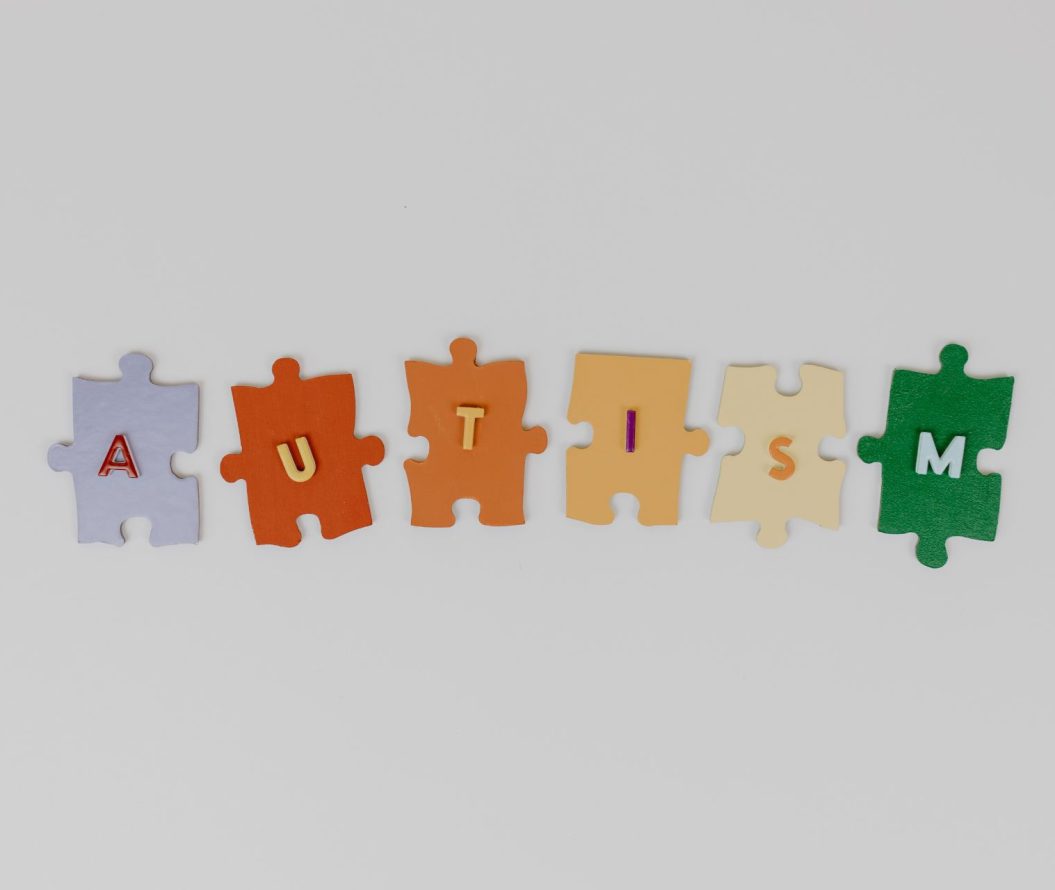MA in Journalism student, previously studied psychology. Works in mental health, responsible for people's recovery when in mental health crisis. Loves dachshunds and enjoys yoga.

Relieving the pressure of grades
March 21, 2020,
read.
This article is more than 3 years old
Sometimes, I can’t help feeling that the higher grades I get the more confident I feel about my future.
If for some reason I don’t achieve my desired grades, I can begin to feel a sense of uncertainty, as I’m sure many of us do. Feeling additional pressure to either do better or to not disappoint the expectations of our friends, family or lecturers, is perfectly normal. Therefore, it is common to start correlating grades with success whilst at university.
At the start of our degrees, we quickly decide what grade we plan to aim for and we are told what the requirements are to secure our future jobs, internships or any other opportunities once we graduate.
Therefore, lower grades can sometimes make me doubt whether to pursue certain career paths and they can even make me stop seeing things clearly. It is important to understand that grades do not always reflect your skills, and accepting this can improve the quality of your learning. The actual aim of writing an assignment is to learn about a given topic, and if we receive a lower mark for it, instead of allowing it to affect our confidence, we should see it as an opportunity to improve and a chance to learn something new.
https://www.instagram.com/p/B0Tj0KAhVau/
A famous quote from Albert Einstein says ‘the measure of intelligence is the ability to adapt to change’. To improve our learning, we need to know exactly how to change the way we work, and feedback is where we can find these answers. So, when you get your feedback, try to be optimistic, and understand that feedback is the key to improving your grades, and responding well and acting on it will also teach you one of the most valuable skills needed in life.
If you are able to effectively act on your feedback it means that you are flexible, adaptable, creative, ambitious, take criticism well, and that you are able to turn negatives into positives, to learn and to improve. These are some of the skills employers are looking for, alongside your experiences on your degree. Also, not everything we learn is being marked but that doesn’t mean it is less important.
Lower grades can come with much more encouraging feedback than a higher grade, and this is your chance to develop your skills.
Not achieving desired grades can make us give in to negative feelings. Feeling disappointed and lacking confidence is normal and it can be difficult to see it at the time, but in reality, lower grades are a great opportunity for self-improvement.
Once we graduate, life will throw challenges at us, not assignments. Putting theory into practice requires skills, so don’t put yourself down because of your grades. Sit back and reflect on it. It is easy to assume and jump to conclusions but try to take feedback as constructive criticism. Learn how to respond well to it and if it points out where you are going wrong, it is not a ‘negative’. It is a ‘positive’ because it tells you how to improve.
In later life, there will be jobs that you don’t get and – just like a low grade – it can leave you with the same feelings, but use the skills you have learnt and make sure you ask for feedback so you can improve for next time.
Keep your heads up and believe in your abilities. Act proudly on your feedback.
Big yourselves up!
This article is featured on Learning at Lincoln.
Please note: This content was created prior to Coronavirus, and some things might be different due to current laws and restrictions. Please refer to the University of Lincoln for the latest information.
- Topics
- Assessment
- Assignments
- Feedback
- Grades




